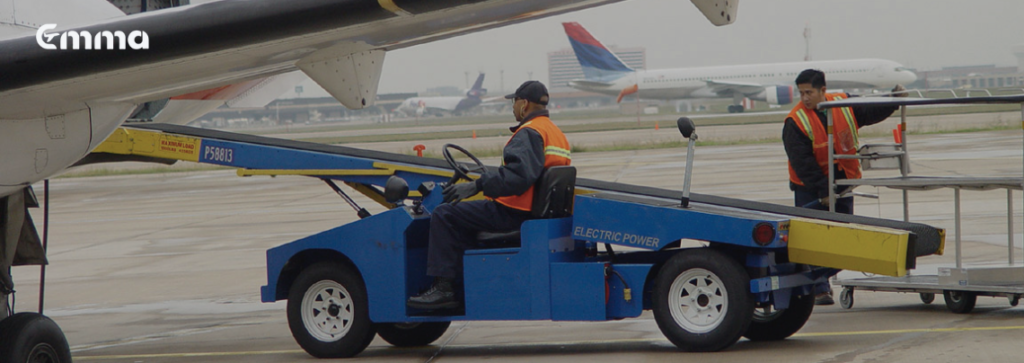What If We’re Missing the Most Critical Piece in Airport Operations?

by Kris De Bolle
Date-14/10/2025
Having spent years in airport operations centers, I’ve often wondered if our focus on technology and infrastructure has caused us to miss the most critical piece of the puzzle: the people who run it all. These centers are the nerve hubs of our airports, coordinating everything from flights to emergencies. But could it be that by underestimating the human element, we are creating inefficiencies and unnecessary risks? It seems the human factors—physical, cognitive, emotional, cultural, and social—are not just beneficial, but absolutely essential for a center’s success. ![]()
When the Physical Environment Fails
We invest heavily in technology, yet sometimes seem to overlook the basics. I’ve seen how poorly designed workstations can cause discomfort and fatigue for colleagues, which could directly impact their performance. If we don’t prioritize ergonomic principles like adjustable chairs and properly positioned monitors, are we not inviting strain injuries and a loss of focus during long shifts?. It seems that providing an ergonomic environment with adequate lighting and noise control could be key to maintaining both efficiency and comfort. After all, an APOC isn’t an ordinary office; it’s a real control center that requires an appropriate infrastructure.
The Cognitive Toll
What if our operators are constantly on the verge of cognitive overload? They are often bombarded with vast amounts of data—from flight schedules to security alerts—and this can lead to confusion and errors if not managed correctly. It seems that without clear, user-friendly interfaces and automated alerts, our operators might be overwhelmed, which could hinder their ability to make informed decisions quickly. Perhaps enhancing cognitive factors through better system design and training could improve decision-making and situational awareness, especially under pressure.
The Emotional Burnout
A high-stress environment, especially during peak times or emergencies, could certainly take a toll on an operator’s emotional well-being. Is it possible that without a supportive work environment, access to mental health resources, and stress management programs, we risk causing burnout?. Providing regular breaks, fostering a positive work culture, and recognizing achievements might be a simple way to boost morale and help operators maintain the high vigilance required for their duties. ![]()
Overcoming Cultural and Social Barriers
In a globally connected airport, could cultural misunderstandings be secretly hindering teamwork and communication?. It seems that embracing diversity and promoting an inclusive workplace, perhaps through cultural competence training, might be crucial for building a cohesive and innovative team. Similarly, what if a lack of strong social dynamics and clear communication channels is impacting operational efficiency? The coordination between departments like air traffic control and ground services is so critical. Perhaps tools for real-time communication and fostering mutual support could build the trust needed to ensure everyone works toward a common goal.
A Call for a Different Perspective
Could prioritizing physical, cognitive, emotional, cultural, and social factors be the key to a more effective and resilient operations center? It seems that investing in the human element is not just beneficial, but fundamental to operational efficiency and safety, and ultimately, to providing a safe and reliable travel experience for passengers.



